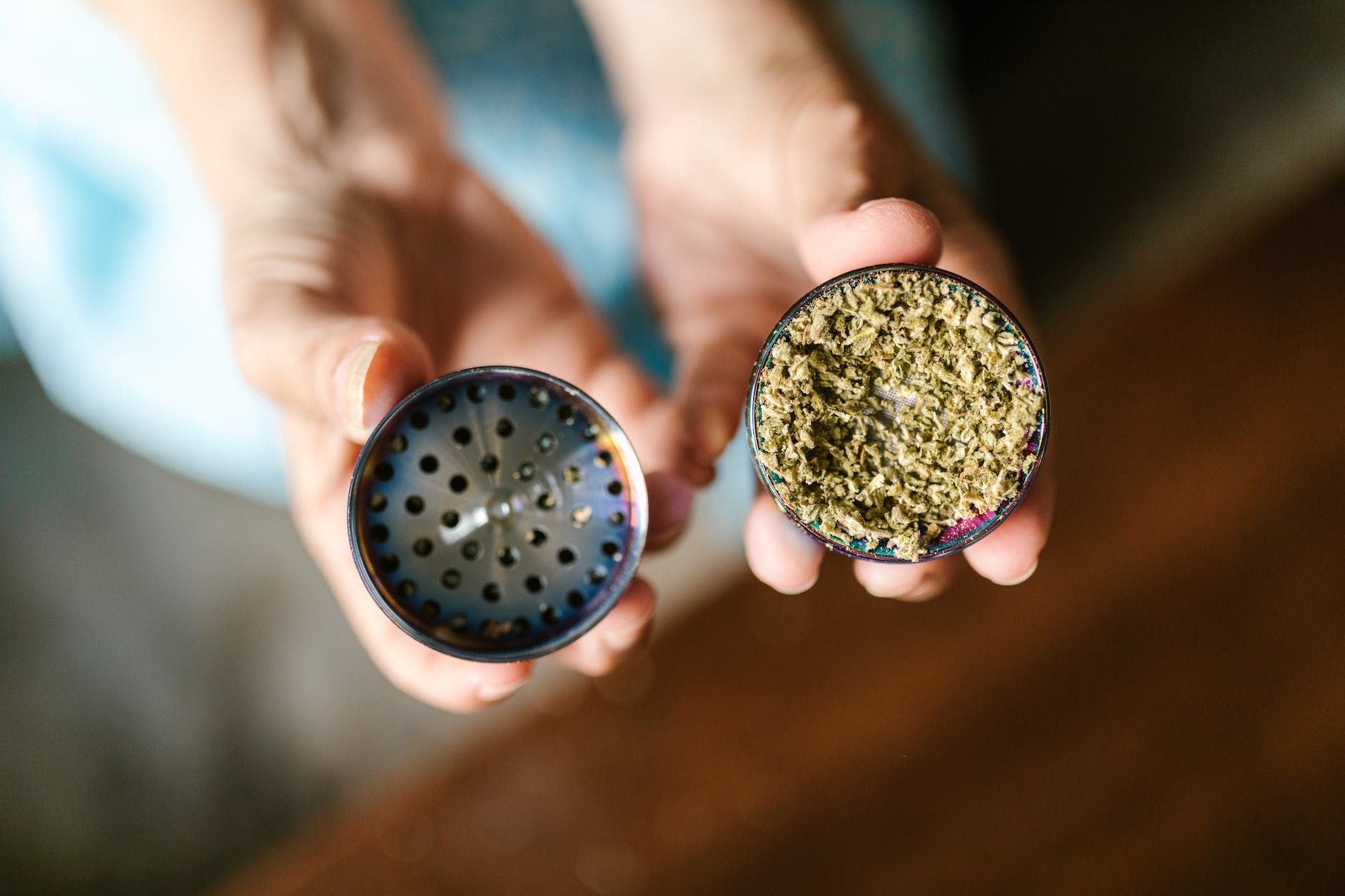The Legality of CBD: What You Need to Know

As the benefits of cannabidiol (CBD) continue to gain attention across the globe, questions have arisen concerning the legality of the substance. In the United States, the legality of CBD varies depending on its source, which typically falls into one of two categories: marijuana or hemp. Therefore, understanding the distinctions between the two, as well as the federal and state laws that govern them, is crucial for CBD users and businesses alike. Here is what you need to know about CBD legality in the US.
1. Hemp Legalization
Hemp and marijuana are both part of the cannabis plant family, but they differ significantly in their chemical composition. While marijuana is rich in the psychoactive compound tetrahydrocannabinol (THC), hemp contains minimal THC levels, often below 0.3%. In 2018, the US federal government passed the Farm Bill, which legalized the cultivation, possession, and sale of hemp and hemp-derived products, including CBD. However, the bill also handed regulatory authority over to individual states to establish their framework for hemp cultivation and CBD production.
2. Federal vs. State Laws on CBD
Although the Farm Bill legalized hemp-derived CBD at the federal level, individual state laws on CBD still vary. Each state may enact its own regulations on CBD sales, including possession limits, testing requirements, and label guidelines. Moreover, some states have explicit bans on CBD, regardless of federal hemp legalization. It is essential to research and adhere to local and state laws where you are purchasing, selling, or using CBD products. Many online resources provide up-to-date information on state laws on CBD.
3. CBD from Marijuana
While CBD from hemp is legal under federal law, CBD from marijuana falls under a different regulatory framework. In the US, marijuana remains a controlled substance under the Drug Enforcement Administration’s (DEA) scheduling system, making it illegal under federal law. However, several states have individually legalized marijuana for medicinal or recreational use. In these states, CBD derived from marijuana plants might be legal, provided that you follow state-specific guidelines, including possessing a valid medical marijuana card or purchasing it from a licensed dispensary.
4. FDA Regulations
The Food and Drug Administration (FDA) is responsible for regulating CBD products, and while it has not yet released official guidelines, it maintains that CBD is not currently legal for use in dietary supplements, food, or beverages. However, states that have legalized CBD sales often have their own regulations governing these products. The FDA held a public hearing in 2019 to gather information about CBD products, and further guidelines are expected in the future.
5. THC Content
The 2018 Farm Bill specifically defines hemp as cannabis plants containing 0.3% or less THC by dry weight. CBD products that exceed this threshold are considered marijuana under federal law, and their legal status will depend on individual state marijuana regulations.
6. CBD Business
As the CBD industry continues to expand, businesses must consider a variety of factors to ensure compliance with federal and state laws. This includes adhering to FDA regulations, understanding and abiding by state-specific CBD laws, and ensuring that products are derived from legally sourced hemp or marijuana, depending on the local legal framework.
In conclusion, the legality of CBD in the United States is intricate due to its origin-based federal regulations, state laws on CBD, DEA scheduling, variation in THC content, and FDA oversight. By understanding these factors and staying informed on state and federal law changes, individuals and businesses can continue to navigate the CBD landscape responsibly and legally.
As the benefits of cannabidiol (CBD) continue to gain attention across the globe, questions have arisen concerning the legality of the substance. In the United States, the legality of CBD varies depending on its source, which typically falls into one of two categories: marijuana or hemp. Therefore, understanding the distinctions between the two, as well…
Recent Posts
- The Emerging Frontiers: The Future of CBD Research and Development
- CBD and Sleep: Unraveling the Beneficial Effects of Cannabidiol on Insomnia
- Embracing the Renaissance: CBD in Skincare and the Latest Trends
- Exploring the Multifaceted Methods of Consuming CBD
- Exploring the Benefits and Safety of CBD for Pets
Recent Comments
Categories
- Alternative and Natural Health Remedies
- Alternative Health and Wellness
- Alternative Medicine and Pain Management
- Beauty and Skincare
- Beauty and Wellness
- CBD and Health
- CBD and Law
- CBD and Mental Health
- CBD Consumption
- CBD Education & Research
- CBD Laws Worldwide
- CBD Legalities and Regulations
- CBD Legality
- CBD Products
- Cooking and Wellness
- Fitness and Wellness
- Health and Beauty
- Health and Fitness
- Health and Fitness, CBD Use
- Health and Law
- Health and Science
- Health and Skincare
- Health and Sports
- Health and Wellness
- Health and Wellness, Skincare
- Healthcare and Wellness
- International Law
- Law and Cannabis Industry
- Law and Regulations
- Law, Health, and Regulations
- Legal
- Legal Regulations on CBD
- Legal Resources
- Legal/CBD Industry
- Legal/Fitness & Health
- Mental Health and Wellness
- Mental Health, Natural Remedies
- Natural Remedies
- Natural Remedies and Alternative Medicine
- Pet Care and CBD
- Pet Health and Wellness
- Pet Wellness/Animal Health
- Science and Health
- Science, Health and Wellness
- Skin Care and Wellness
- Skin Health & Wellness
- Skincare – Natural Remedies
- Skincare and Beauty
- Skincare and Wellness
- skincare, beauty, CBD, wellness
- Sleep Health and Wellness
- Uncategorized